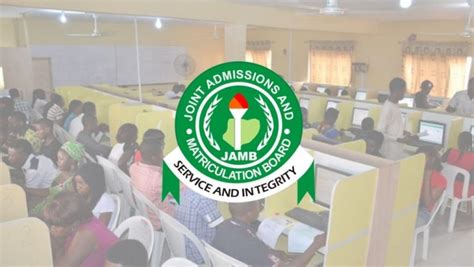Mathew Amaechi
The Joint Admissions and Matriculation Board (JAMB) announced the release of the 2025 Unified Tertiary Matriculation Examination (UTME) results on Friday, but disclosed that 39,834 candidates’ scores have been withheld over suspected widespread examination malpractice.
The shocking revelation came during a press briefing by JAMB Registrar Prof. Ishaq Oloyede at the board’s headquarters in Bwari, Abuja, where he also confirmed that 80 individuals are under investigation for alleged exam-related offenses.
Prof. Oloyede stated that the withheld results stem from “blatant breaches of exam integrity,” including impersonation, unauthorized device usage, and coordinated cheating schemes. “We will not compromise on the credibility of our examinations. These results are withheld pending further investigation, and culprits will face stringent penalties,” he warned.
Anambra State emerged as the epicenter of the scandal, recording the highest number of suspects linked to malpractice. While Oloyede did not disclose specifics, he emphasized that collaboration with security agencies had unmasked sophisticated syndicates operating across multiple states.
The registrar revealed that at least 80 individuals—including candidates, parents, and facilitators—are being investigated for roles in facilitating fraud. “This is not just about candidates; we’re targeting enablers who profit from undermining our education system,” he said, hinting at potential prosecutions under Nigeria’s Examination Malpractice Act.
JAMB’s latest move aligns with its intensified anti-fraud measures, including biometric verification, CCTV surveillance, and advanced analytics to flag irregular scores. Since 2024, the board has blacklisted over 100 centers and introduced stricter sanctions, yet malpractice persists.
While 1.2 million candidates sat for the 2025 UTME, the withholding of nearly 40,000 results has sparked anxiety among affected examinees. JAMB assured that cleared candidates can access their results via its portal, but those under scrutiny must await further review. Education stakeholders have praised JAMB’s firm stance, though critics argue systemic issues—such as limited university slots and pressure to secure admissions—fuel desperation. “Until we address the root causes, malpractice will linger,” said Aisha Bello, an education rights advocate.
JAMB pledged to conclude investigations within 30 days, with updates to be published on its official platforms. Meanwhile, the board urged institutions to proceed with admissions using available results while vowing to “name and shame” offenders.

